When Children under 18 are Committing a Crime they should be Punished - IELTS Writing Task 2
Learn about IELTS agree/disagree essays with 'When Children under 18 are Committing a Crime they should be Punished', using 3 sample essays, an outline, and key vocabulary. Discover how to structure your response & present a well-rounded Band 7+ answer.
Table of Contents
- Essay Question for 'When Children under 18 are Committing a Crime they should be Punished'
- Outline for IELTS Agree & Disagree Essay
- Sample Answers for When Children under 18 are Committing a Crime they should be Punished IELTS Writing Task 2
- Vocabulary to Use for When Children under 18 are Committing a Crime they should be Punished - IELTS Writing Task 2

Try AI Essay Checker for Instant Band Score
Juvenile crimes have been on the rise due to a lack of judicial punishment against them. As a result, the question of how society should deal with these offenders is one of the most debated ethical and legal issues today. Some believe young people should face punishment to discourage future offences, while others argue that education and rehabilitation are more effective. This difference in opinion is discussed in the IELTS agree-disagree topic, When Children under 18 are Committing a Crime they should be Punished, one of the most common essay types in IELTS Writing Task 2.
In this blog, we examine sample answers for the IELTS agree-disagree essay on the topic ‘When Children under 18 are Committing a Crime they should be Punished, along with an outline and relevant IELTS vocabulary, which is crucial for achieving a high band score.
Essay Question for 'When Children under 18 are Committing a Crime they should be Punished'
You should spend about 40 minutes on this task.
Some people say that when children under 18 are committing a crime they should be punished, while others believe they should be educated. To what extent do you agree or disagree with this statement? Give your own opinion. Give reasons for your answer and include any relevant examples from your own knowledge or experience.
You should write at least 250 words.
Outline for IELTS Agree & Disagree Essay
Given below is the outline that will help you to understand how to write agree-disagree essays in IELTS.
|
Introduction
Body Paragraph 1
Body Paragraph 2
Conclusion
|
Sample Answers for When Children under 18 are Committing a Crime they should be Punished IELTS Writing Task 2
There are three IELTS Band 9 essay samples on the topic, When Children under 18 are Committing a Crime they should be Punished, given below that will guide you on how to write a high-scoring essay on your own.
When Children under 18 are Committing a Crime they should be Punished - Sample Answer 1
While some people believe that children under 18 who commit crimes should primarily receive education and rehabilitation, others argue that punishment is essential to maintain justice and social order. I agree that minors who break the law should face appropriate punishment, as it helps instill responsibility, discourage repeat offences, and uphold the moral fabric of society.
To begin with, if young offenders escape punishment entirely, it sends the wrong message about personal accountability and civic duty. Without facing consequences, minors may develop the belief that illegal actions are insignificant or easily excused. This mindset not only encourages further delinquency but also weakens the rule of law. For instance, in certain regions where juvenile justice systems adopt overly lenient policies, there has been a rise in youth gang violence and petty theft, as adolescents feel emboldened by the lack of serious repercussions. Therefore, proportionate punishment reinforces the idea that every individual, regardless of age, is responsible for their actions.
Furthermore, punishment does not necessarily equate to severe incarceration. It can take constructive and reformative forms such as community service, counselling, or behavioural therapy. These corrective measures strike a balance between discipline and moral education. By being held accountable in a structured and humane way, young offenders are more likely to reflect on their mistakes and cultivate empathy and social awareness. For example, engaging juvenile delinquents in public service projects has proven to reduce reoffending rates, as it allows them to contribute positively to the communities they once harmed.
In conclusion, although education and rehabilitation are crucial, some level of punishment remains necessary. When applied fairly and proportionately, corrective penalties help minors internalize moral values, develop a sense of accountability, and ultimately contribute to a safer and more just society.
Grab our Extensive Bundle for IELTS Writing (Academic) & ease your writing worries!
When Children under 18 are Committing a Crime they should be Punished - Sample Answer 2
Cases of juveniles committing crimes are on the rise lately. While it is absolutely necessary to punish those guilty of committing crimes, an argument put forward in this case suggests underage criminals should be made aware of their actions rather than being punished straightaway. This essay shall discuss the extent of feasibility of both solutions in the interest of the society.
Over the last few years, there has been a worrying increase in the numbers of young offenders being reported, where many of them are involved in instances of burglaries, robberies, shoplifting and even street muggings. In the hostile environment that we live in, it becomes necessary to nip such problems in the bud, lest the youngsters become full-fledged criminals when they grow up. Many believe that the children of today’s generation are very much aware and intelligent than the ones 30 years ago and comprehend the actions around them. Many a times they aren’t even remorseful for their actions. Therefore, they should be tried in courts as adults and punished according to the severity of the offence regardless of them being underage.
In contrast, a lot of people also believe that such treatment of teenage offenders might not be the best solution. Knowing the reason behind the crime committed is an essential factor in deciding the punishment to be given. The environment during the upbringing of a child too influences his mentality to a great extent. Most of the research cases in this matter have indicated that children who commit crimes mostly do so because of some trauma they have themselves suffered from in the past. It is only logical that the judgement of right and wrong of such children becomes impaired; therefore, they should be educated about the same and not punished. Rehabilitating them and flushing all aggression from their minds is giving them a deserved chance to live a better life, as they still have a lot of growing up to do.
To conclude, this being a sensitive and debatable issue, in my opinion, I feel the primary course of action for underage criminals is to provide them guidance regarding the consequences of their actions. I don’t fully agree with not punishing them at all; the extent of the punishment should be decided by the circumstances and the attitude of the offender, whether he is penitent or not.
Want feedback on your IELTS Writing essay?
Submit IELTS Writing Essay for evaluation today!
When Children under 18 are Committing a Crime they should be Punished - Sample Answer 3
Many argue that children under 18 who commit crimes should face punishment similar to adults, while others maintain that education and rehabilitation are more appropriate responses. I strongly disagree with the idea of punishing minors in the same way as adults and firmly believe that they should be guided, educated, and rehabilitated instead.
Firstly, children and adolescents lack the moral and psychological maturity to fully comprehend the consequences of their behaviour. Neuroscientific studies indicate that the prefrontal cortex, the area of the brain responsible for judgment, decision-making, and impulse control, remains underdeveloped until the early twenties. Consequently, holding minors wholly accountable for their crimes, as if they were adults, is both ethically and scientifically unjustifiable. For example, nations such as Norway and Sweden prioritise counselling, restorative justice, and community-based rehabilitation for juvenile offenders. Their approach has resulted in remarkably low rates of reoffending and demonstrates that compassion and education can be more effective than retribution.
Secondly, severe punishment often reinforces rather than eradicates criminal tendencies. When young offenders are placed in punitive environments such as detention centres, they are exposed to negative influences and may develop resentment towards authority. This experience can further alienate them from society. In contrast, structured educational and psychological programs that focus on moral reasoning, empathy, and vocational skills help juveniles rebuild their sense of identity and purpose. By learning discipline through guidance rather than fear, these individuals are more likely to reintegrate successfully and contribute positively to their communities.
In conclusion, I firmly believe that education and rehabilitation should take precedence over punishment for minors. By emphasising guidance, empathy, and reform instead of retribution, societies can nurture responsible, law-abiding citizens and promote long-term social harmony.
Vocabulary to Use for When Children under 18 are Committing a Crime they should be Punished - IELTS Writing Task 2
Given below is a list of good vocabulary words to use in an IELTS essay related to the topic, ‘When Children under 18 are Committing a Crime they should be Punished’, that can be used in your sample answers and will help you boost your vocabulary for similar essay topics.
|
Word/Phrase |
Meaning |
Example Sentence |
|---|---|---|
|
Juvenile |
a young person who is not yet an adult; relating to young people |
Juvenile offenders should receive guidance rather than harsh punishment. |
|
Rehabilitation |
the process of helping someone return to a normal, healthy, or useful life after problems |
Rehabilitation programs help young criminals rebuild their lives and regain social acceptance. |
|
Retribution |
severe punishment that someone deserves for wrongdoing |
Pure retribution rarely helps offenders change their behaviour. |
|
Accountable |
responsible for your actions and expected to explain them |
Every citizen should be held accountable for their choices, regardless of age. |
|
Ethically |
in a way that is morally right or acceptable |
Ethically, society must protect children rather than punish them harshly. |
|
Nip (something) in the bud |
to stop something before it has an opportunity to become established |
Unwanted advances towards children should be nipped in the bud before they could harm them. |
|
Restorative justice |
a system that focuses on repairing harm by involving victims, offenders, and the community |
Restorative justice allows young offenders to apologise and compensate those they have harmed. |
|
Counselling |
professional advice and support given to help someone deal with problems |
Psychological counselling can reform even repeat juvenile offenders. |
|
Punitive |
intended as punishment rather than correction |
Excessively punitive measures can lead to resentment among young inmates. |
|
Alienate |
to make someone feel isolated or disconnected from society or people |
Harsh treatment may alienate young offenders from society instead of reforming them. |
|
Empathy |
the ability to understand and share another person’s feelings |
Teaching empathy helps young offenders realise the emotional harm they cause to others. |
|
Vocational skills |
practical abilities related to a specific trade or profession |
Vocational skills training enables rehabilitated juveniles to find stable employment. |
|
Deterrence |
the act of discouraging someone from doing something by instilling fear of punishment |
Effective deterrence doesn’t always require severe penalties; moral awareness works better. |
|
Maturity |
the state of being fully developed physically or mentally |
Emotional maturity takes years to develop, which is why minors need guidance. |
|
Impulse control |
the ability to resist or delay an urge or desire |
Adolescents often struggle with impulse control due to an undeveloped prefrontal cortex. |
|
Remorseful |
feeling or expressing regret or guilt |
The offender appeared deeply remorseful and willing to change his behaviour. |
|
Delinquent |
(of a young person) showing a tendency to commit crimes or minor offences |
The government’s new policy aims to rehabilitate juvenile delinquents through education. |
|
Reoffending |
the act of committing a crime again after being punished |
Educational programs significantly reduce reoffending among juvenile inmates. |
|
Comprehend |
to understand something fully |
Young children often cannot fully comprehend the legal consequences of their actions. |
|
Reintegrate |
to make someone become part of a group or society again |
The program aims to reintegrate young offenders into their communities. |
|
Compassion |
sympathy and concern for the sufferings of others |
Compassion in justice can produce better outcomes than strict punishment. |
|
Reformative |
Intended to improve someone’s character and behaviour. |
Reformative approaches encourage long-term change rather than temporary compliance. |
|
Prefrontal cortex |
the part of the brain responsible for decision-making and self-control |
Neuroscientists link immature prefrontal cortex development to impulsive juvenile behaviour. |
|
Resentment |
bitter indignation at being treated unfairly |
Excessive punishment can lead to deep resentment and rebellion among juveniles. |
|
Restorative |
having the ability to renew strength or health |
Restorative education helps rebuild self-esteem among troubled youth. |
To conclude, in IELTS Task 2 essays about crime and punishment, balance emotional reasoning with factual support. Use examples from real-world systems or logical reasoning, maintain a consistent position, and include precise vocabulary to demonstrate lexical range. So, consistently practicing IELTS Writing practice tests can improve your writing skills and help you achieve a Band 7+ score.
Useful Links:
- IELTS Writing Task 2 Argumentative Essay Topic: People should follow the customs and traditions
- IELTS Writing Task 2 Argumentative Essay Topic: Whether or not someone achieve their aims is mostly related to luck
- Some People Think that in Order to Prevent Illness and Disease - IELTS Writing Task 2
- Top Writing Techniques for the IELTS Writing Section
- Recent IELTS Writing Actual Test & Model Answers
Practice IELTS Writing Task 2 based on Essay types

Start Preparing for IELTS: Get Your 10-Day Study Plan Today!
Explore other Writing Task 2 Actual Tests
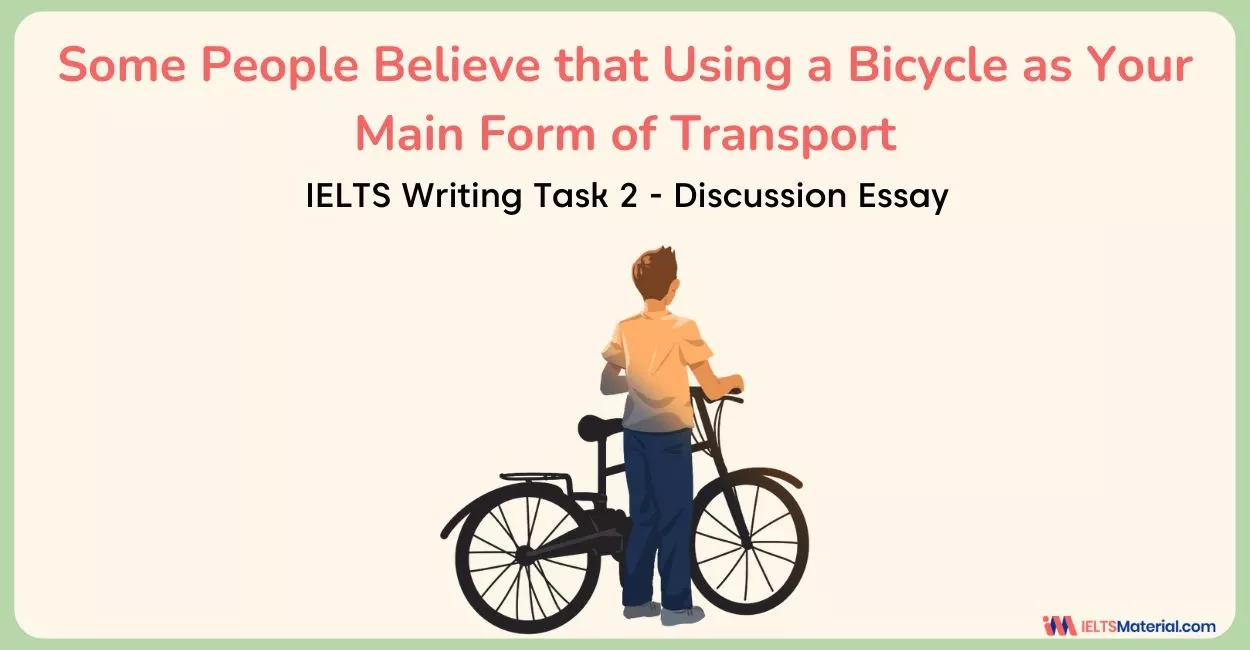
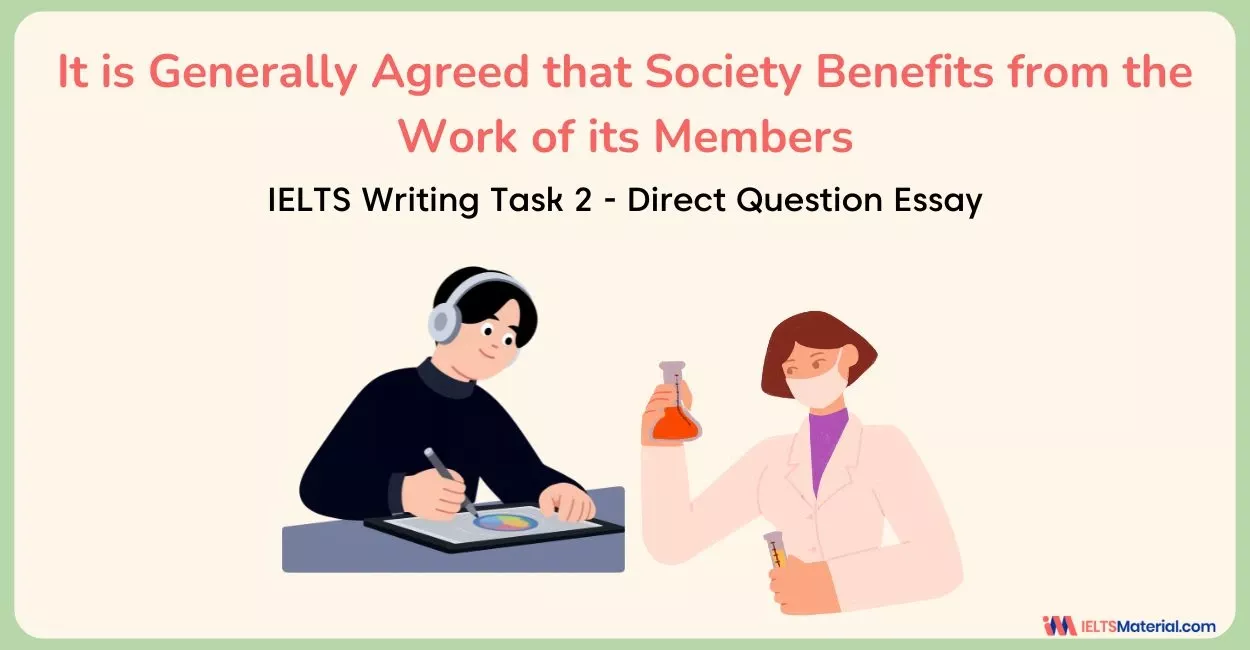
Recent Articles

Haniya Yashfeen
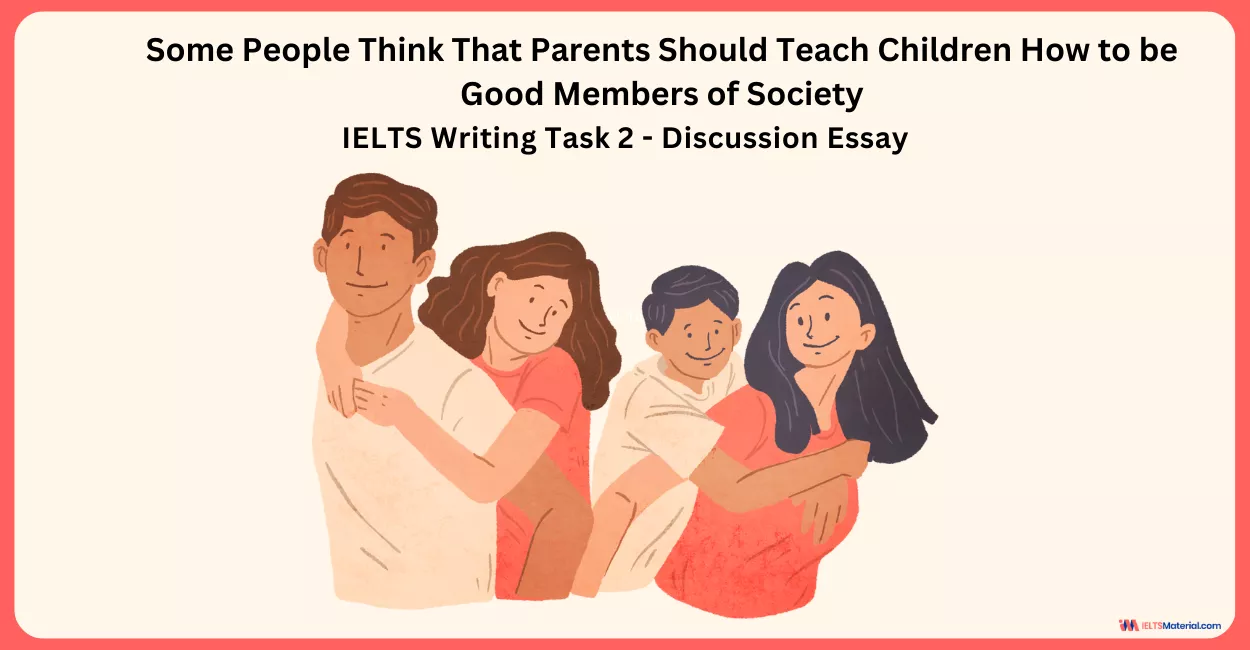

Prity Mallick

Kasturika Samanta
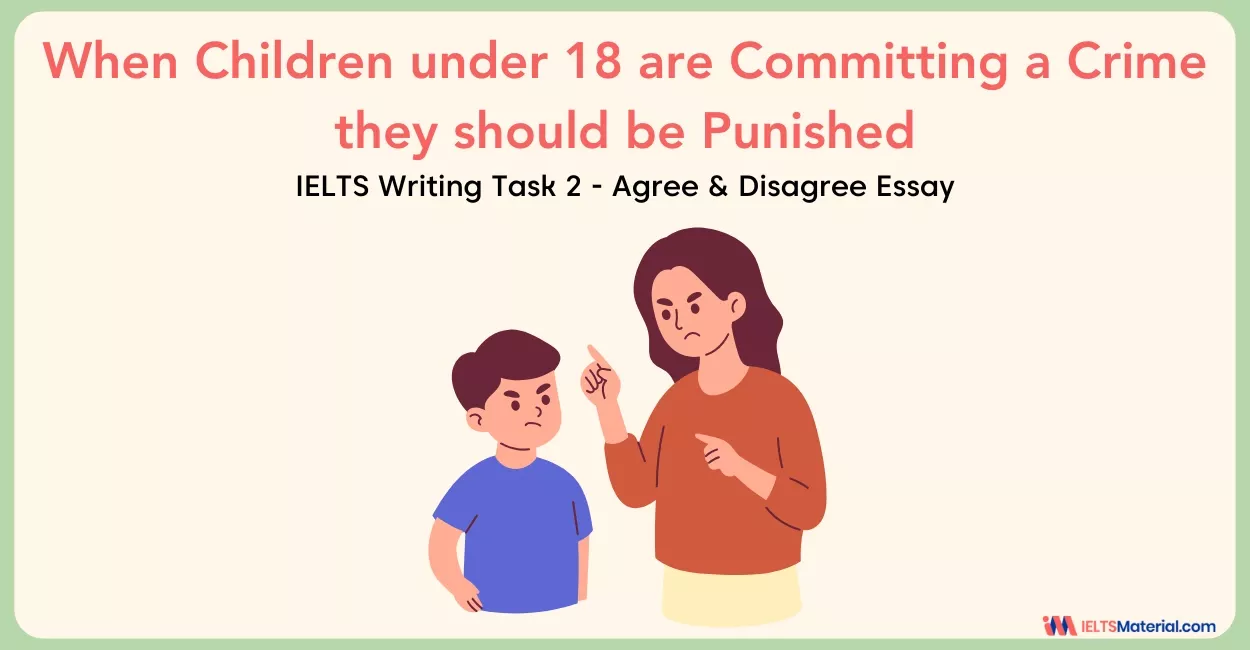

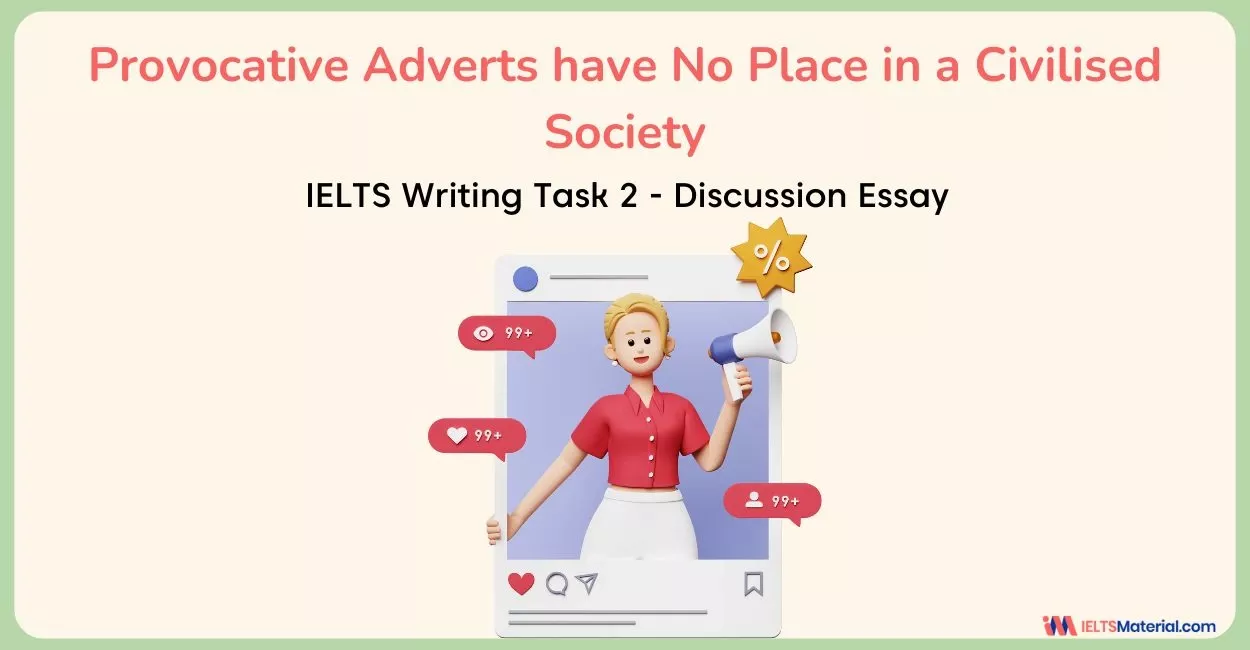
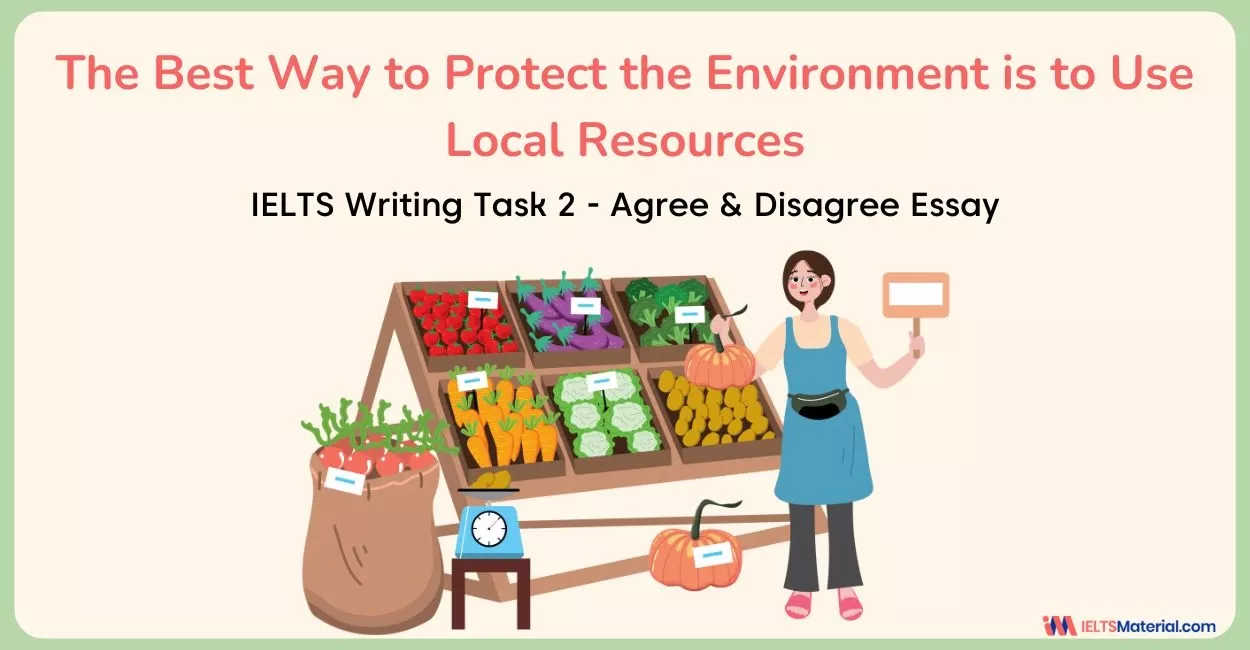


Post your Comments